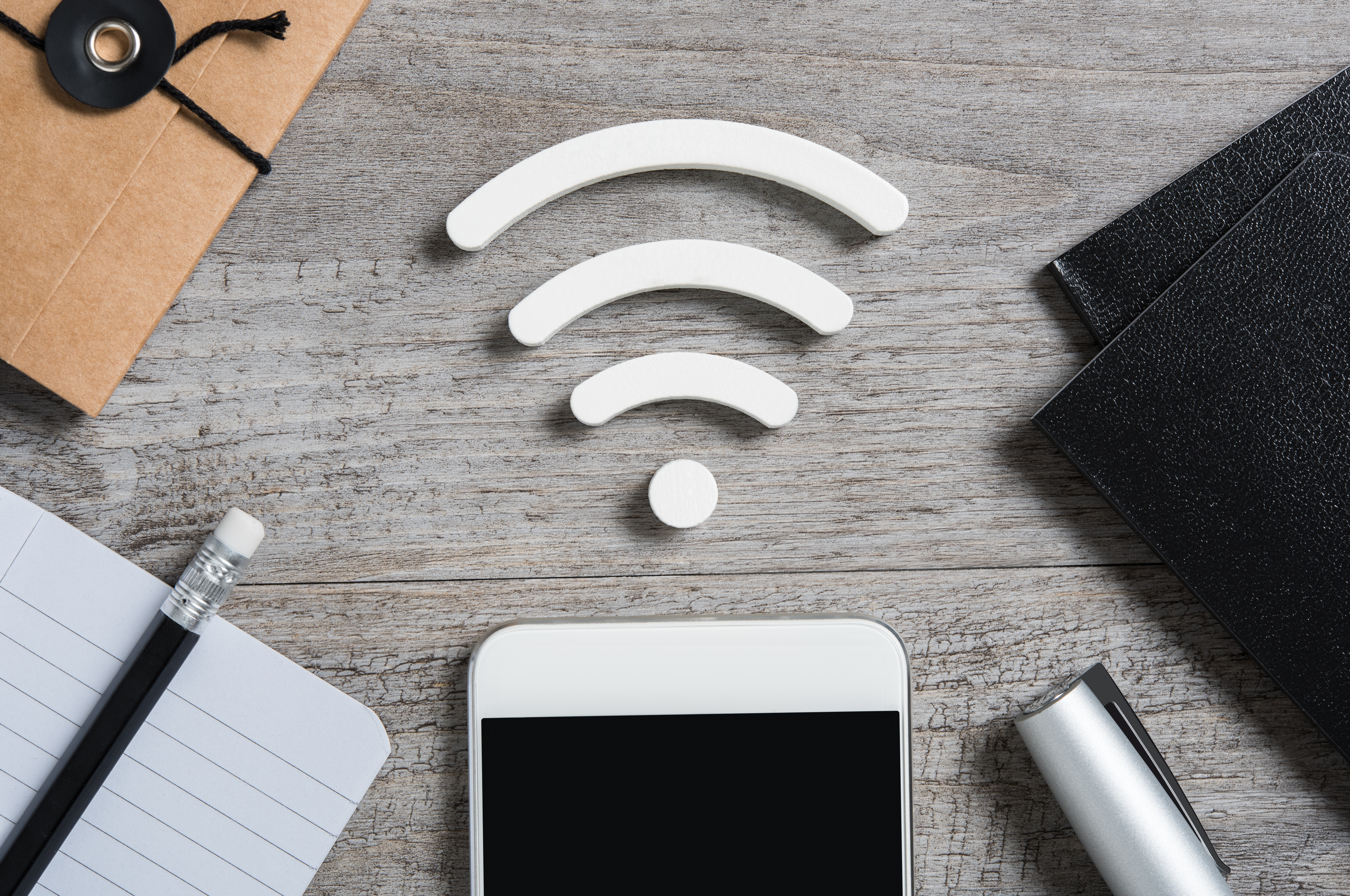Thanksgiving weekend marks the beginning of holiday season shopping with many shoppers trying to nab deals on Black Friday and Cyber Monday.
More than 40 percent of shoppers will do three-quarters of their holiday shopping online, according to the 2018 Retail Consumer Survey Insights from TransUnion.
The shopping season also marks a special time for cybercriminals and scammers to take advantage of those unaware of various scamming techniques. Here are a few ways to outsmart the scammers this Thanksgiving weekend.
Click On Reliable Links
The danger of clicking on an unreliable link is there might be malicious software that can steal credit card numbers, passwords and other personal information, according to Wired. Scammers will try to offer time sensitive deals that create a sense of urgency in consumers to buy the product immediately. It is the same tactic retailers use around the season, making it difficult to differentiate between an actual seller and a scammer. (RELATED: The Day After Thanksgiving Wreaks Havoc On Plumbing Nationwide)
“As a consumer, it’s important to pay attention to detail while shopping online and pay attention to your surroundings,” researcher at threat detection firm RiskIQ Yonathan Klijnsma said, Wired reported. “There are usually clues that can help you identify something potentially malicious.”

Pictured is a magnifying glass on a computer keyboard. SHUTTERSTOCK/ Brian A Jackson
It is also important to check if the URL link is secure. Make sure the URL link says “https://” and not “http” in the address bar before using a credit card online, according to University of California Santa Barbara Information Security.
The “s” in “https://” means secure and it indicates the communication between the client and server is protected, according to Computer World.
Avoid Shopping On Public Wi-Fi

Pictured is a smart phone. SHUTTERSTOCK/ Rido
Public Wi-Fi can be found in places like shopping centers and airports. The purposes of secure networks, however, is to protect information from being read by third parties.
Connecting to an unsecure, open Wi-Fi network can make it easy for cybercriminals to read any information on the electronic device, according to Just Ask Gemalto. Scammers can create networks that seem real to others, and then steal information after the person joins the network.
Use Credit, Ditch The Debit
Credit cards offer more protections if personal information is noted and used properly whereas debit cards many not offer the same protections, according to UCSB.
Debit cards, additionally, are directly connected to bank accounts whereas credit cards are not, BlackFriday.com reported.
Checking credit card and bank statements regularly can also signal if information has been compromised, UCSB reported. Compromised accounts should be reported as soon as possible.
Unique Passwords For Accounts
Separate passwords for each account helps to prevent scammers from accessing the accounts, according to UCSB. It is also recommended to not autosave passwords and that passwords are long and not predictable.
All content created by the Daily Caller News Foundation, an independent and nonpartisan newswire service, is available without charge to any legitimate news publisher that can provide a large audience. All republished articles must include our logo, our reporter’s byline and their DCNF affiliation. For any questions about our guidelines or partnering with us, please contact licensing@dailycallernewsfoundation.org.


